Photo Essay: Nickel mines are destroying Indonesia's environment
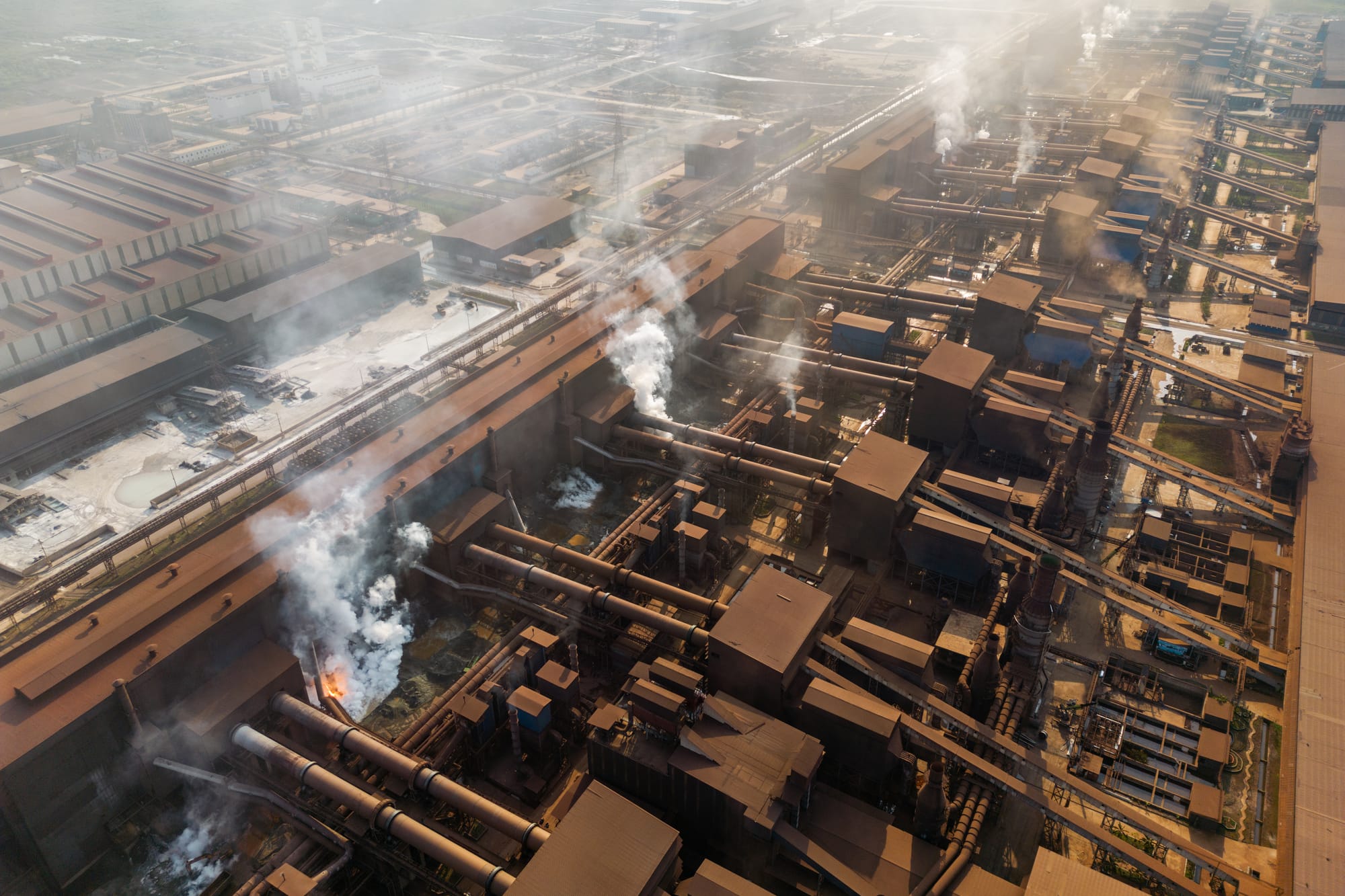
Just after sunrise in Labola village, a mass of traffic crawls towards the Chinese-owned Indonesia Morowali Industrial Park, the country’s epicenter of nickel production. Once a fishing village, 50 nickel factories now sprawl across the area.
Indonesia is the world's largest nickel producer, with 15 per cent of the world’s lateritic nickel reserves — a renewable energy resource used to make batteries for electric vehicles (EVs). The nickel business is concentrated on the islands of Sulawesi, in the districts of North Konawe and Morowali. China has funnelled billions of dollars of investment into nickel processing, with factories being fed cheap ore by hundreds of smaller, mostly Indonesian-owned mines that dot the surrounding rainforest.
In just three years, Indonesia has signed more than a dozen deals worth more than $15 billion for EV battery materials. Speaking at a ground breaking ceremony in 2022 for a new battery material facility in Central Java province, President Joko Widodo called these developments as ‘a golden opportunity to develop a green economy for the future.’
But nickel production is wreaking havoc on the environment, displacing villagers and causing long-term health conditions for locals and workers. Nickel-processing factories spew out sulfur dioxide, nitrogen oxides, and coal ash — particles that are ‘finer than beach sand and can be extremely harmful when inhaled.’
The Sulawesi coastline, in the southeast of the country, has borne the brunt of environmental destruction. Nickel mining demands largescale soil excavation, and large areas of trees are cut down to create open pits. Without tree roots to stabilize the ground, floods and mudslides in the region are increasing, according to the National Agency for Disaster Countermeasures.
The small fishing village of Tapunggaya in North Konawe is home to the Bajau people, an Indigenous group known for being brave sailors, formidable fishermen and reliable divers who live off the sea. But nearby nickel production is wreaking havoc on their livelihoods by turning the seawater warm and murky with pollution.
‘There are no fish here anymore,’ says Alwi, a 78-year-old Bajau fisherman. ‘The waste and pollution from mining have been killing us slowly.’
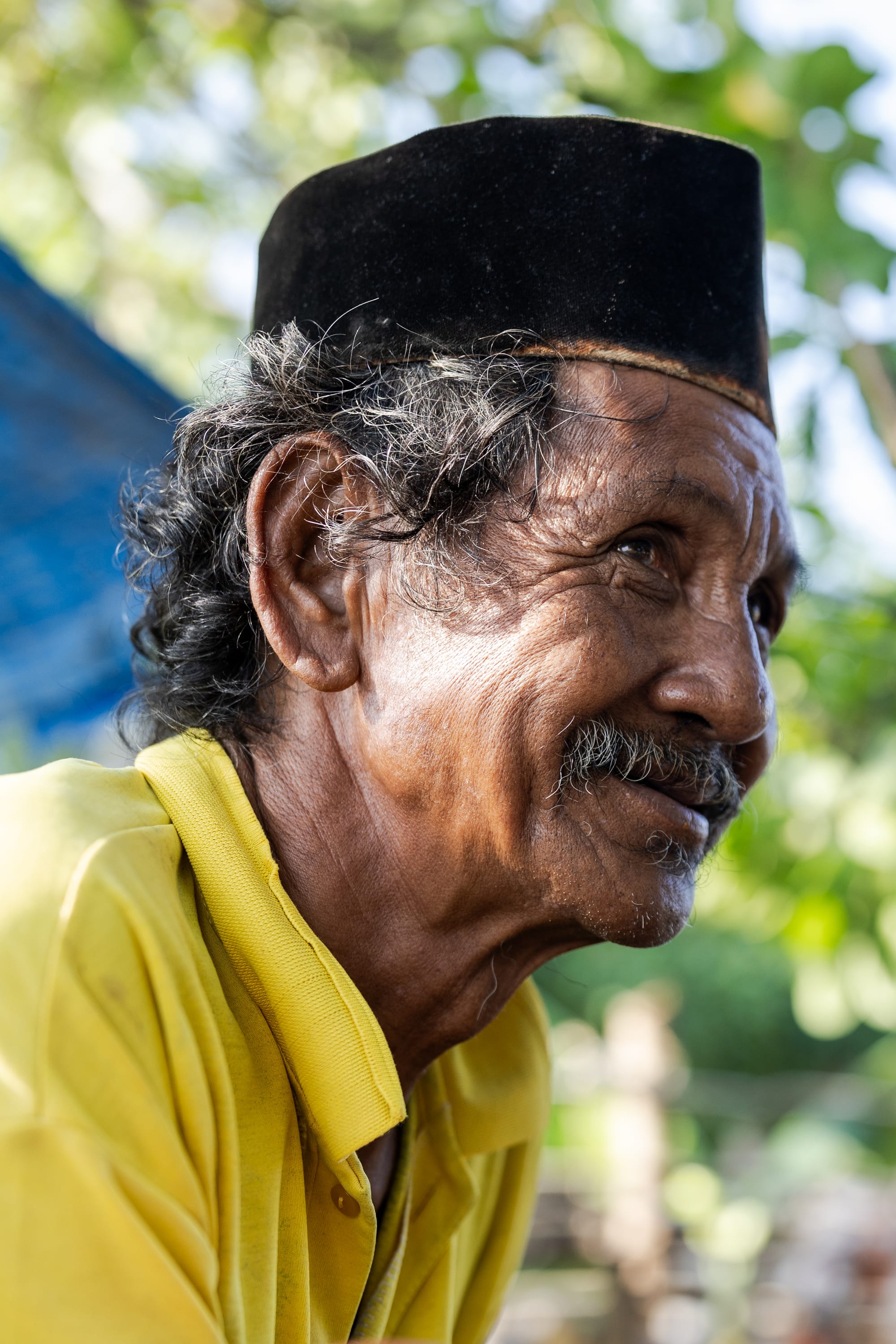
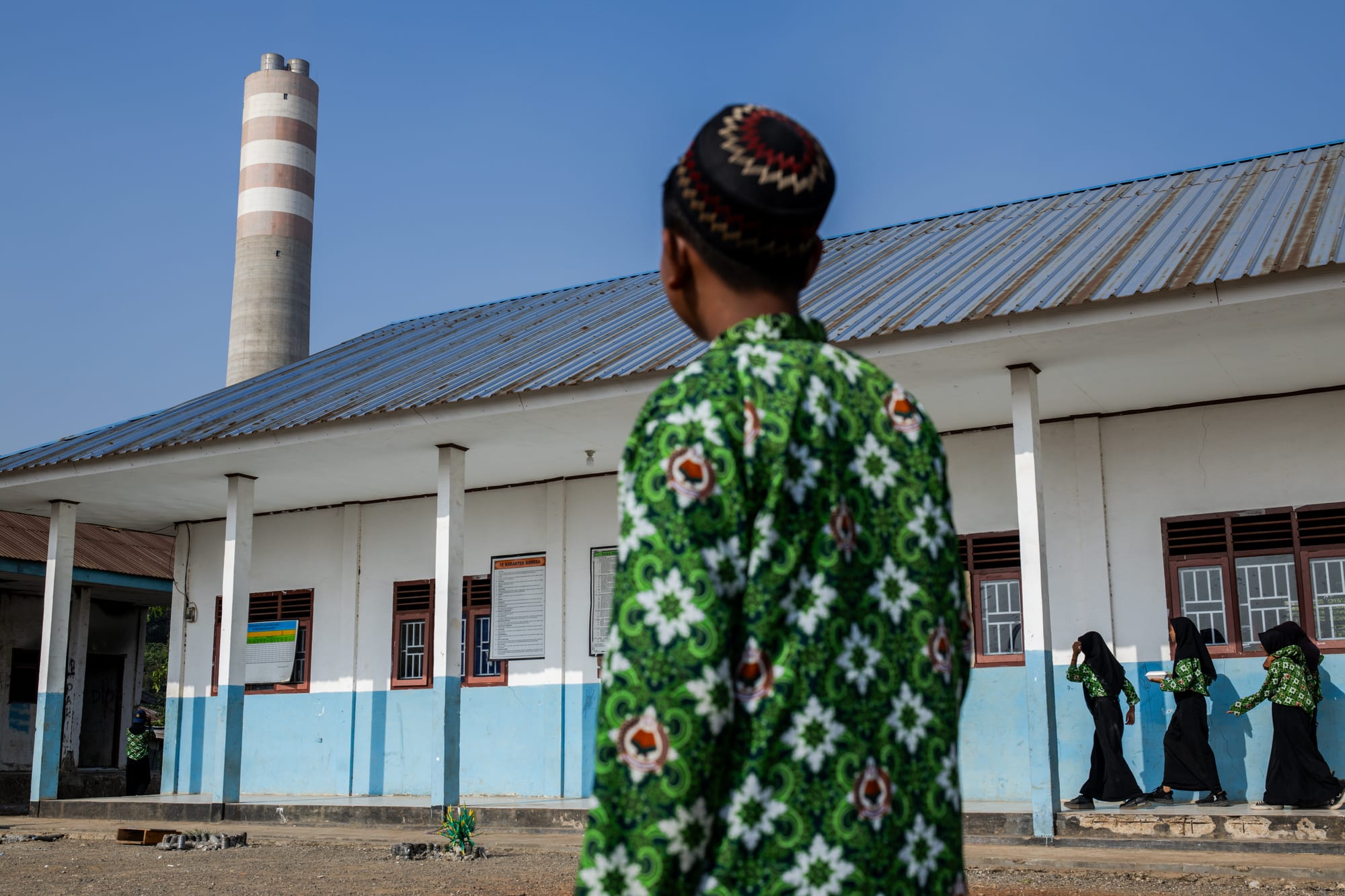
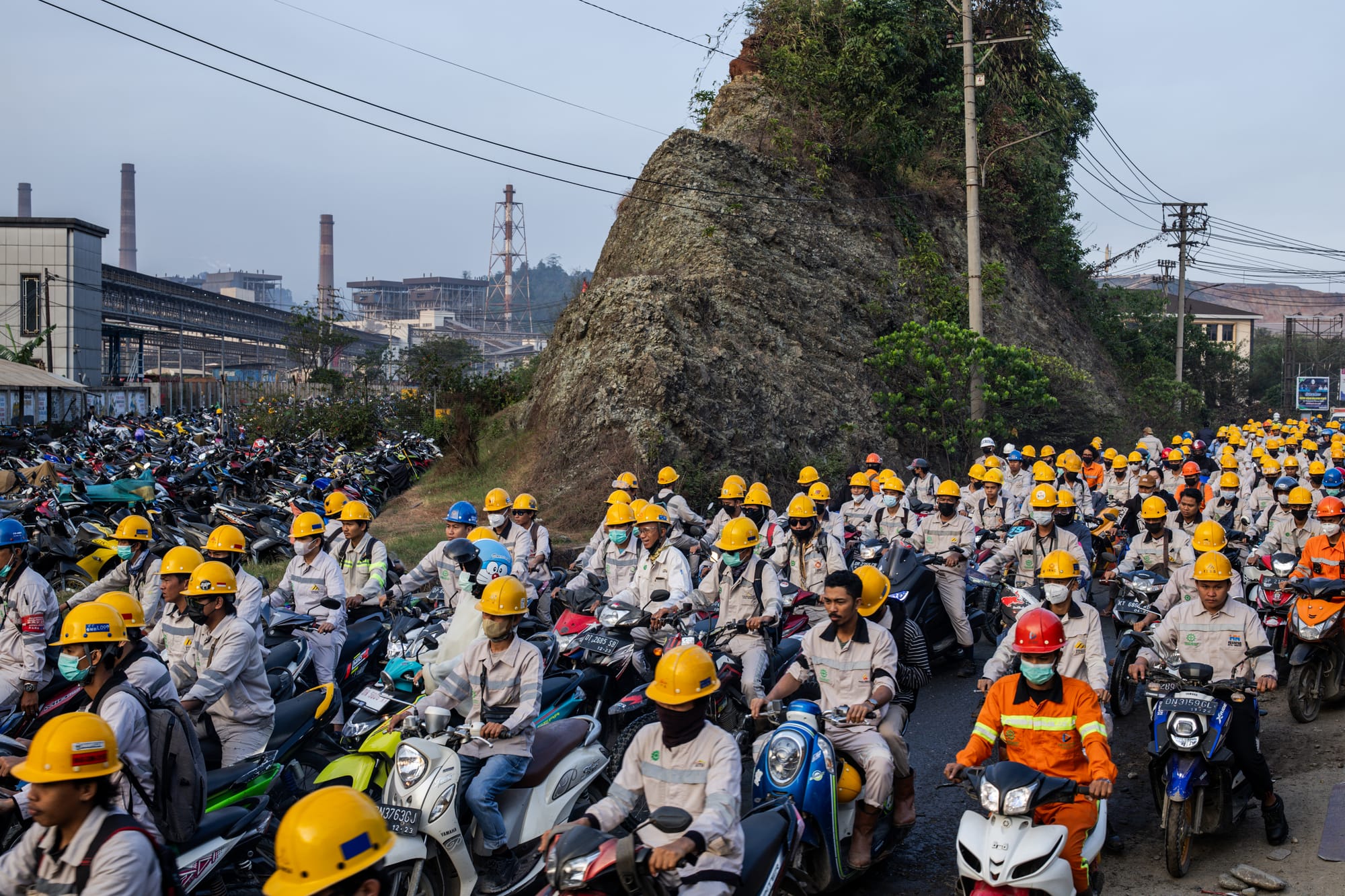
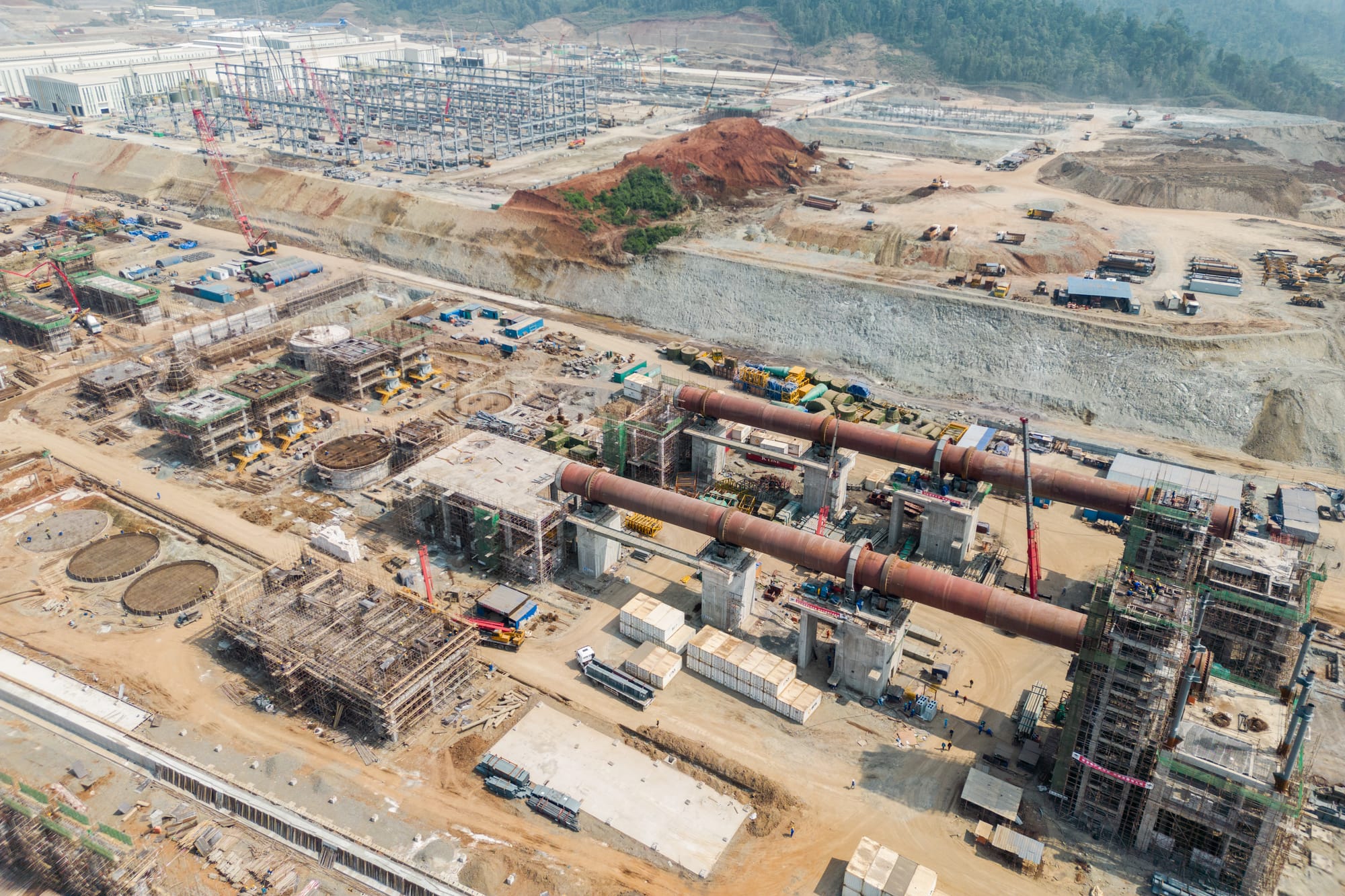
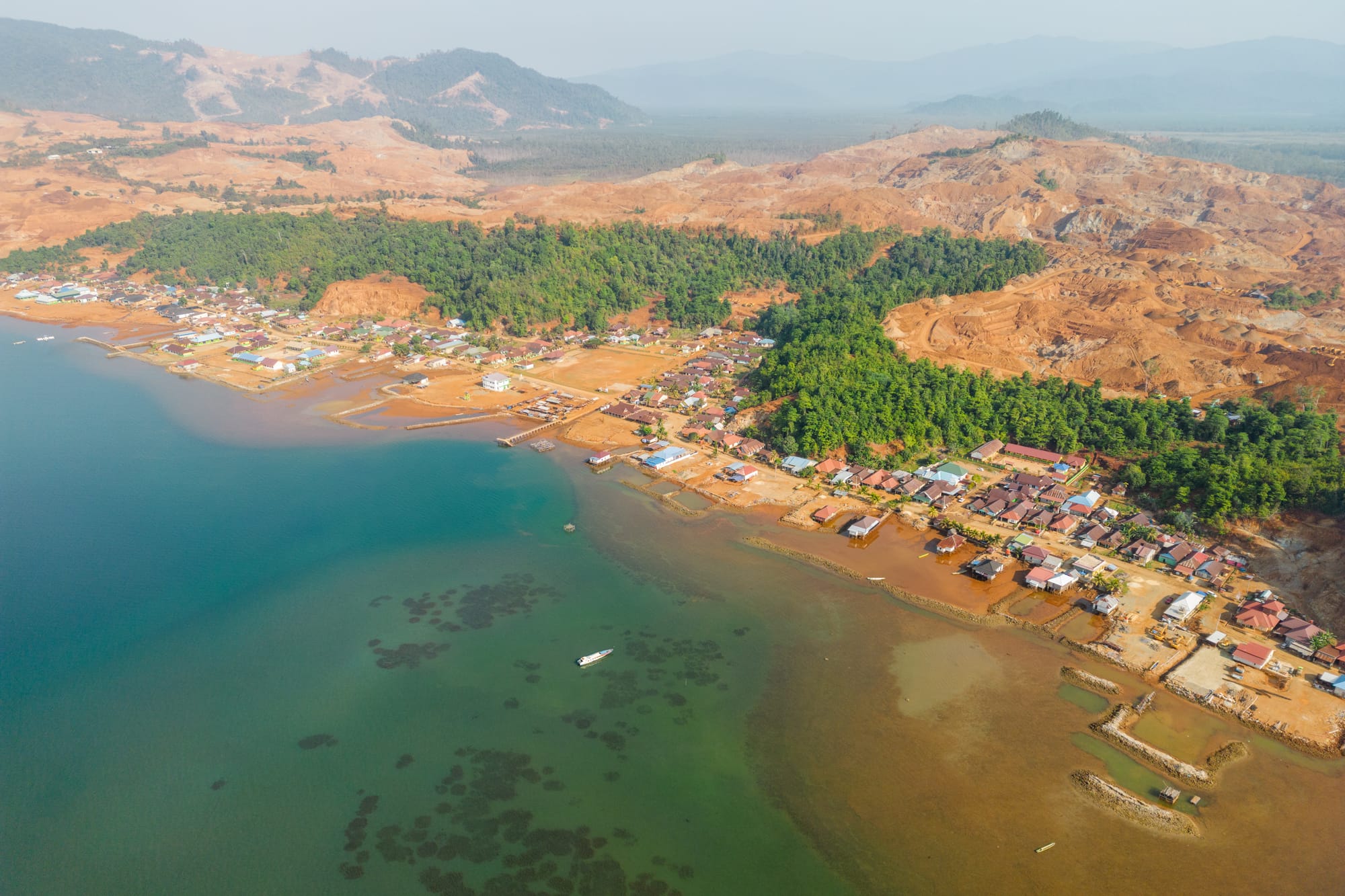
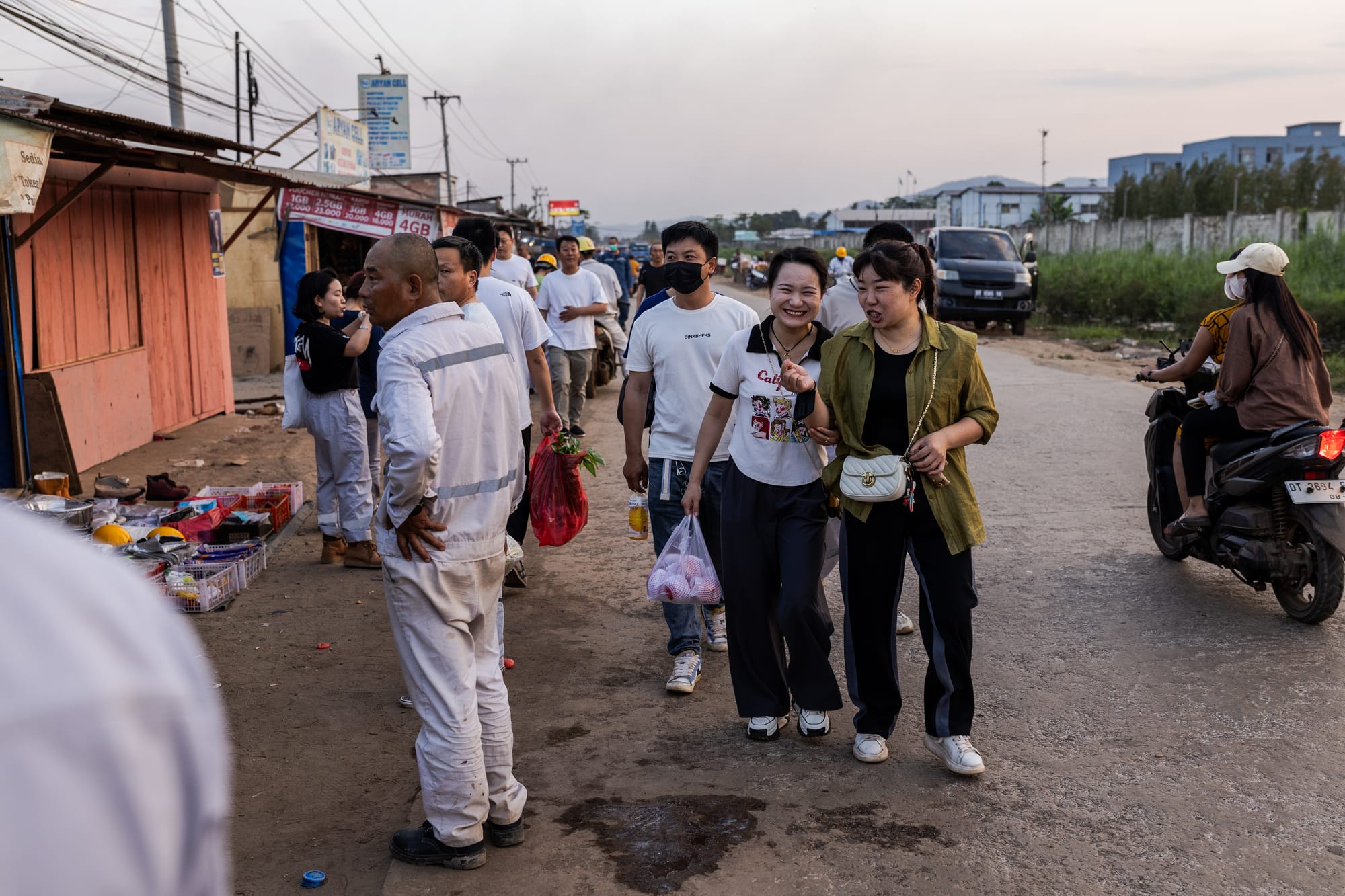
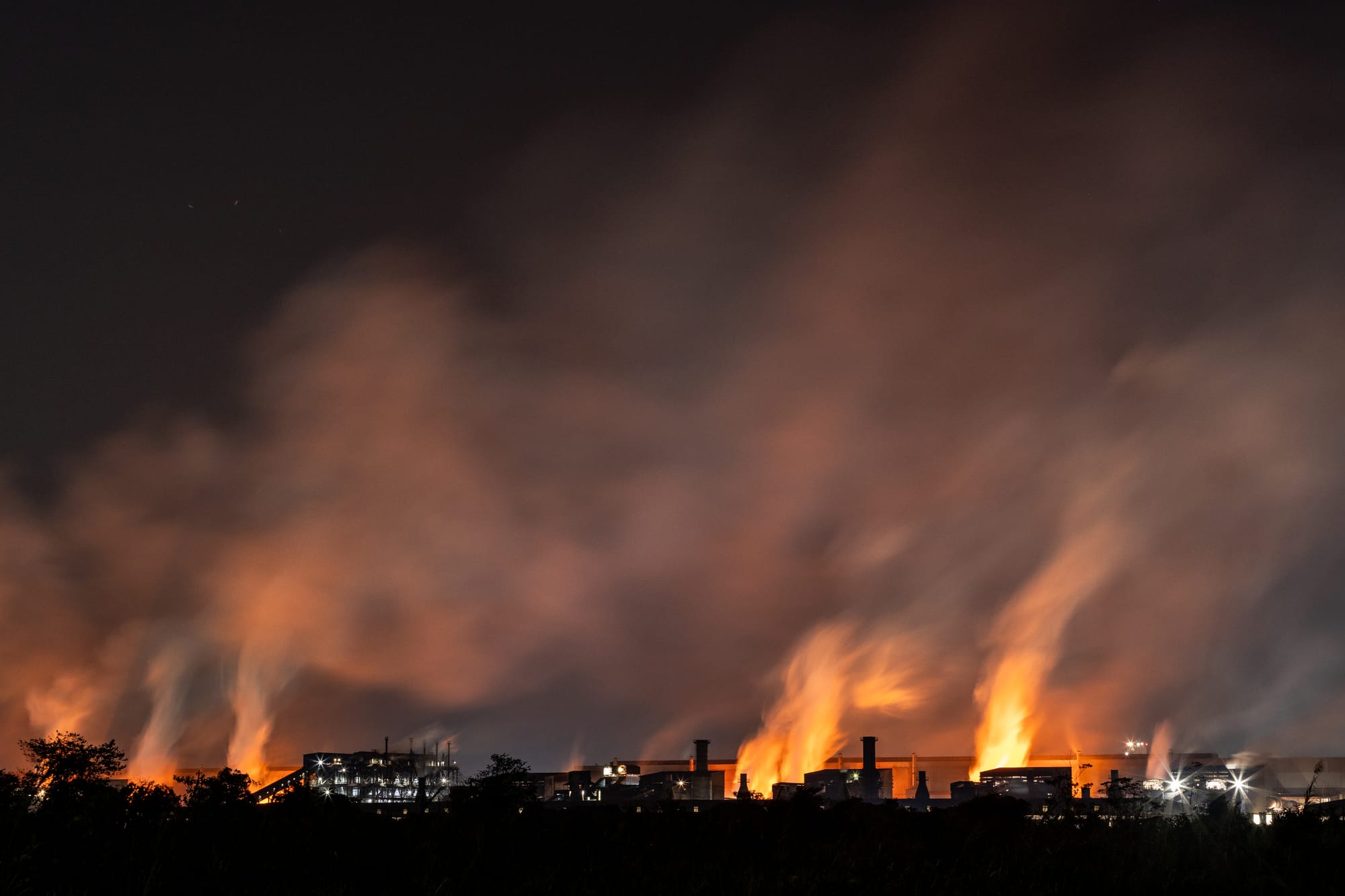
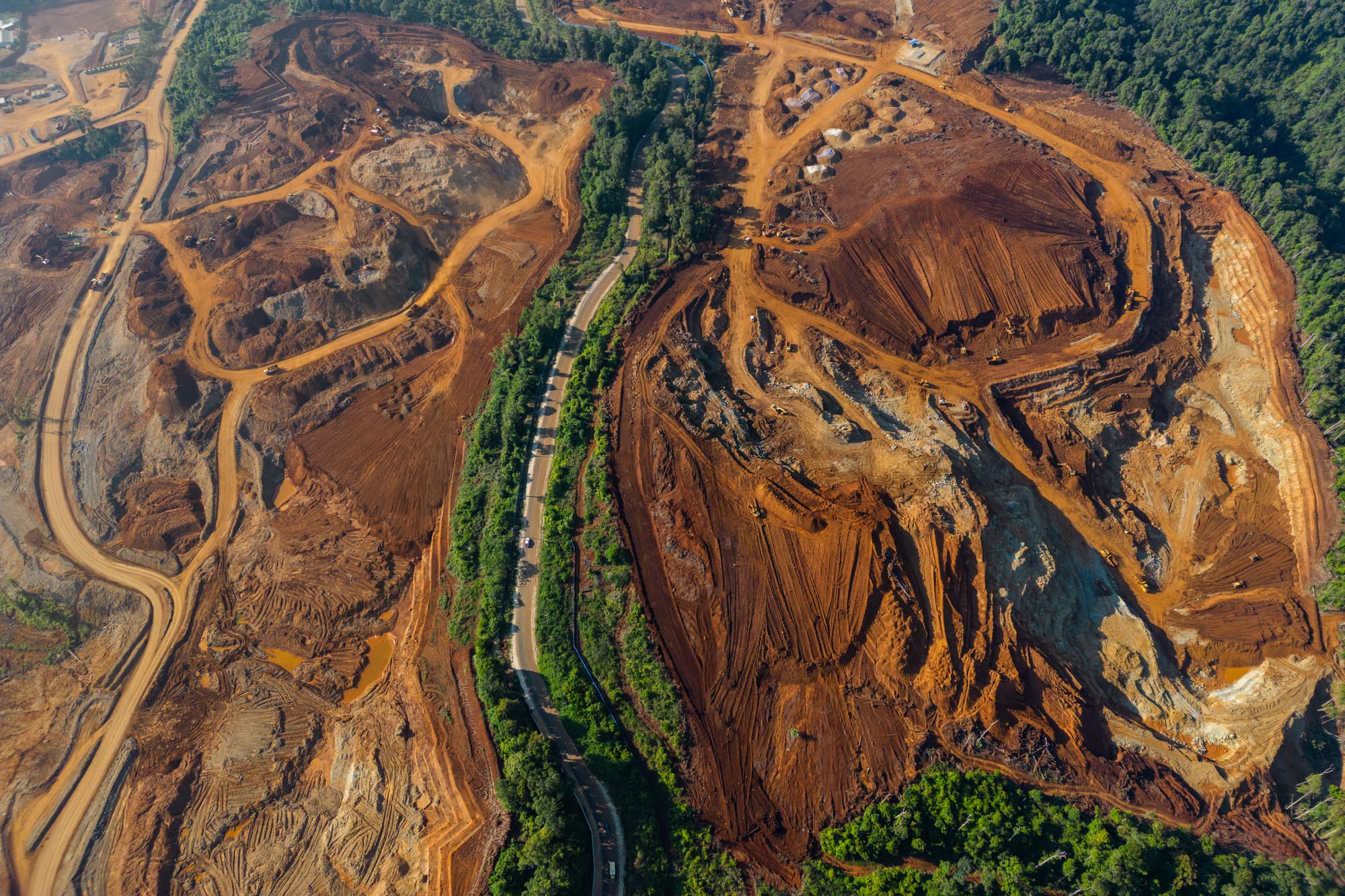
— Words and photos by Garry Lotulung in Morowali, Indonesia
📰 For a deeper dive into nickel mining and other extractive industries, read ‘Trade colonialism, again’ from our Climate Capitalism issue (pg 38) – free to read for Currents subscribers using this link!
😷 To learn more on the health impacts of nickel processing, read this report by Rosa-Luxemburg-Stiftung (RLS)
📷 Follow the work of Garry Lotulung, a Jakarta-based freelance photographer documenting this environmental crisis in Indonesia
✊ Support Yes to Life, No to Mining, a global solidarity network of and for Indigenous Peoples and others impacted by extractive mining
Like what you've read? Support us with a tip.
Are you a freelancer? Pitch us a story.
Looking for more? Listen to our podcast The World Unspun
Shop ethical goods at our very own Ethical Shop
Subscribe to New Internationalist magazine and get Currents absolutely free!

